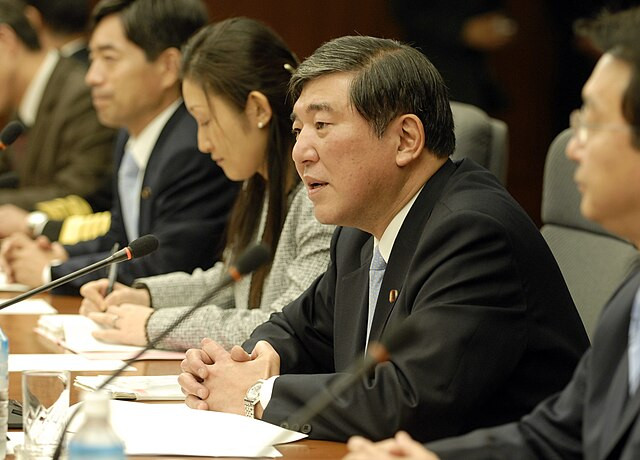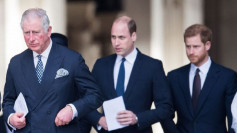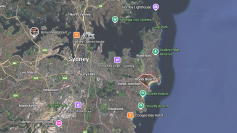Japan's new Prime Minister, Shigeru Ishiba, has sparked a wave of controversy with his push for an "Asian NATO," aimed at countering growing military threats from China, Russia, and North Korea. In his vision, a regional defense alliance modeled after NATO would be the most effective deterrent against potential conflicts in Asia, particularly regarding the rising tensions over Taiwan, a Beijing-claimed territory. However, Ishiba's bold idea has already encountered significant resistance from both domestic and international partners.
In a paper written for the Hudson Institute prior to his ascent to office, Ishiba articulated his support for a mutual defense framework in Asia, warning that the current geopolitical landscape demands a stronger collective defense system. "If these alliances are upgraded," Ishiba wrote, "a hub-and-spoke system, with the Japan-U.S. alliance at its core, will be established; and in the future, it will be possible to develop the alliance into an Asian version of NATO." He further warned that "Ukraine today is Asia tomorrow," underscoring the potential for regional conflict.
Despite Ishiba's enthusiasm for the proposal, key allies have been quick to dismiss the idea. Japan's newly appointed Foreign Minister, Takeshi Iwaya, appeared to downplay the proposal in a press conference, describing the "Asian NATO" as an idea for the future but difficult to implement in the immediate term. "It's difficult to immediately set up a mechanism that would impose mutual defense obligations in Asia," Iwaya said, indicating that such a framework may be considered but remains a distant goal.
The United States has also voiced its skepticism. Daniel Kritenbrink, the U.S. Assistant Secretary of State for East Asia and the Pacific, stated that it is premature to discuss formalizing a collective security arrangement in Asia, preferring to focus on existing security partnerships such as the QUAD, which involves the U.S., Japan, India, and Australia. "What we're focused on is investing in the region's existing formal architecture and continuing to build this network of formal and informal relationships," Kritenbrink said at a recent event at the Stimson Center think tank.
India, another key regional partner, also expressed reservations. Indian Foreign Minister Subrahmanyam Jaishankar, speaking at the Carnegie Endowment for International Peace in Washington, noted that his country has never been a formal treaty ally and does not envision adopting a NATO-like security structure. "We don't have that kind of strategic architecture in mind," Jaishankar remarked, emphasizing that India's approach to security differs significantly from the Western model.
Domestically, the proposal has ignited debate, particularly among Ishiba's own ministers. Gen Nakatani, Japan's new defense minister, confirmed that the prime minister had not yet instructed his ministry to pursue the creation of an Asian NATO. Nakatani acknowledged that while Japan is working to strengthen regional security ties, the establishment of a NATO-style defense pact remains speculative.
While Ishiba's government is divided over the feasibility of such a bold initiative, the prime minister's call for increased military cooperation highlights a growing sense of urgency in Tokyo to address security concerns in the region. China has long accused the U.S. and its allies of attempting to create an "Indo-Pacific version of NATO" through security initiatives such as the QUAD and the AUKUS alliance between Australia, the U.K., and the U.S. Chinese officials have repeatedly criticized these alliances as efforts to encircle China militarily.
Ishiba's push for an Asian NATO also comes amid rising tensions with North Korea, which has ramped up its missile tests and military cooperation with Russia. Ishiba has called for a reconsideration of Japan's nuclear posture in light of reports that North Korea may have shared nuclear technology with Russia. However, these reports remain unconfirmed, and analysts caution against jumping to conclusions without evidence.
In the meantime, Japan continues to pursue closer defense cooperation with the U.S. and other allies through existing frameworks. The recently concluded trilateral meeting between Washington, Tokyo, and Seoul demonstrates the ongoing efforts to strengthen security ties in the Indo-Pacific region. Additionally, Japan has made significant strides in bolstering its own military capabilities, with Ishiba's predecessor, Fumio Kishida, setting a new defense spending target of 2% of GDP, aligning Japan's defense policy more closely with NATO standards.






